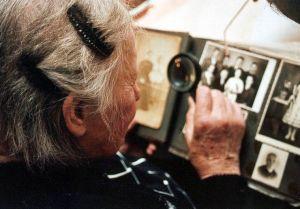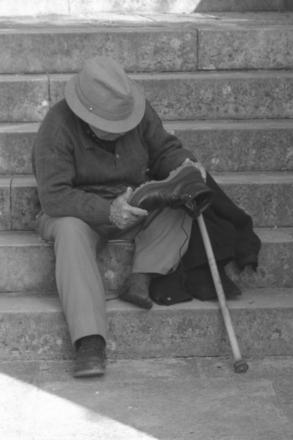A scary story came out of California recently about an elderly woman who died even though a trained nurse was standing right next to her. Our
Atlanta elder abuse lawyers know that Georgia’s seniors, as well as seniors across the country, are rightly concerned about this story.
The California tragedy occurred earlier this month. 87-year-old Lorraine Bayless collapsed in the dining room of her independent living facility, Glenwood Gardens, in Bakersfield, California. A nurse, an employee of Glenwood, got on the 911 phone call. The 911 operator pleaded with the nurse, named Colleen, to give Ms. Bayless CPR. Colleen told the dispatcher that company policy forbade her from performing CPR. The policy required her to wait with the hurt or sick person, but not provide any medical care. Repeatedly the dispatcher pleaded with her, and asked her to find someone else to help Ms. Bayless. The 911 call sounds horrifyingly cruel, with Colleen stating, “Not at this timein answer to the question of whether there was anyone around willing to help Ms. Bayless. At another point the dispatcher said that the lady will die, and Colleen responded “Yeah.Emergency personnel arrived seven minutes after the 911 call, but it was already too late for Ms. Bayless. The avoidable tragedy is heartbreaking, and it is understandable why Georgia seniors might be worried.
A Georgia news story on the incident points out that Georgia’s Good Samaritan law would protect people trying to help in an emergency situation from liability. This law applies as long the helper is not getting paid. But even without the Good Samaritan law, many retirement and nursing home staff were also shocked and upset by the incident in California. Greg Rowe, Director of Dougherty County EMS, said, “I’ve never gone anywhere that I can remember where they were just sitting, waiting on us to get there.And Dr. Graham Nichol, a professor of medicine at the University of Washington, noted that CPR more than doubles the chances of survival, also noting, “If liability was a concern, I would suspect there is a greater liability if someone dies.
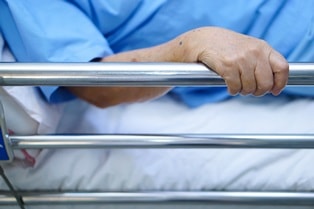 Georgia law gives nursing home residents the right to be free from chemical and physical restraints that restrict mobility. While there can be legitimate reasons for them, some nursing care facilities use these tools to keep difficult residents in line.
Georgia law gives nursing home residents the right to be free from chemical and physical restraints that restrict mobility. While there can be legitimate reasons for them, some nursing care facilities use these tools to keep difficult residents in line.
 Georgia Personal Injury Lawyer Blog
Georgia Personal Injury Lawyer Blog


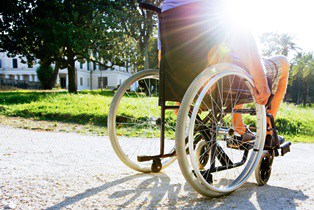 As a result, the summer months can be especially dangerous for elderly residents in overcrowded and understaffed nursing homes.
As a result, the summer months can be especially dangerous for elderly residents in overcrowded and understaffed nursing homes.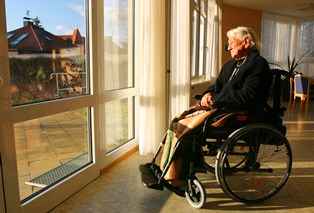 Moving a loved one into a nursing home is a difficult decision. If you have a demanding work schedule or live too far away to visit regularly, you may be especially concerned about whether your relative’s needs are being met. You might also be worried they could become a victim of
Moving a loved one into a nursing home is a difficult decision. If you have a demanding work schedule or live too far away to visit regularly, you may be especially concerned about whether your relative’s needs are being met. You might also be worried they could become a victim of 
